We are all individuals
Tony Robbins has built on the work of John Burton and Abraham Maslow to develop human needs psychology. In essence, Robbins believes that everybody’s actions are driven by the need to fulfil one or more of six basic human needs. By definition, these are needs that we all share, but everybody is unique so we do not value all needs equally. Different people will emphasise different needs and this emphasis often shifts as we go through life.
The six fundamental human needs are as follows:
- Certainty – that things will unfold as imagined.
- Uncertainty – that life will serve up its share of variety.
- Significance – the sense of being special or unique.
- Love and connection – the feeling of togetherness or intimacy.
- Growth – the feeling that we are making progress.
- Contribution – that we are part of something bigger than ourselves.
Unpacking our six human needs
1. Certainty
We all have the need for certainty but this need can be met in many different ways. Some feel they need a home to be certain, others need a million pounds to be certain, others may get their need for certainty by knowing that they always manage no matter what. We can meet our needs in positive, neutral or negative ways. For example, we can meet our need for certainty by feeling angry about world events which validates our belief system that the world sucks. Cigarettes, alcohol and drugs can be our faithful friends upon which we rely in times of struggle. Habitual actions like this meet our needs in the short term but have long term negative side-effects. We can meet our need for certainty by having faith in a something bigger than ourselves – God, the Universe, Nature, Justice, etc., or by exercising regularly or by a belief in our resourcefulness, all of which can be very positive ways of getting certain, assuming that our sense of certainty is not tainted by bigotry.
People whose primary need is certainty are often highly organised, dependable and very knowledgeable in their chosen field. On the other hand, they can become stuck in their old routines, can be closed to new experiences, and may come across as unenthusiastic and boring.
2. Uncertainty
People whose primary need is uncertainty are often highly enthusiastic, spontaneous and love meeting new people and taking on new challenges. They can also be social butterflies flitting from person to person and relationship to relationship, become easily disillusioned, lose focus and quit before the job is done.
3. Significance
The need for significance has always been one of the main driving forces behind violence, mainly perpetrated by men. If a mugger puts a gun to your head they are certain that you will respond but uncertain of how and, in a heartbeat, they have become the most significant person in your life.
Although we all need significance, the need is usually greater in men than women. Men will die for significance which explains why almost all suicide bombers are men and why much greater numbers of men than women commit suicide when going through a financial crisis.
If we meet three of our needs in a single behaviour we may become addicted to that behaviour. Which explains why violence can become an addiction.
People whose primary need is significance are often happy to take on leadership positions, will work hard to excel in their chosen field and can be fearless in the face of challenges. They can also be selfish and insensitive to the perspectives of others, and may neglect their nearest and dearest.
4. Love/Connection
In a more everyday sense, when we are excited or agitated about something – we got that promotion, heard a juicy morsel of gossip, or experienced a life-changing event, what do we immediately want to do? Share the news with somebody. This is because we are social animals, even the most introverted among us.
Love and connection is often a dominant need in women. Men feel this too, but the bonds are innately stronger in the average women than the average man.
People whose primary need is love and connection are often great team players, sensitive to the needs of others and supportive partners and parents. They can also be jealous, clingy and prone to neglecting their own legitimate needs.
5. Growth
People whose primary need is growth are often great students and teachers, creative and innovative, and tenacious in pursuit of their goals. They also can become detached from others, intolerant of those perceived to be less accomplished, and prone to perfectionism.
As a side note, perfectionism is widely thought to be a positive quality which it can be if it is defined as a commitment to high standards. However, if perfectionism means that everything we do always has to be all things to all people it becomes the lowest possible standard as we end up imposing unrealistic expectations on ourselves and everybody else. By this definition, perfectionism is a straightjacket and a sure fire way to succumb to a paralysing fear of failure which relegates us from a participant to a spectator in our game of life.
6. Contribution
A focus on contribution is a great inoculation against the “Affluenza” virus , the obsession for wealth, fame, beauty, power and possessions that redirects our energies and passions away from meaningful pursuits.
People whose primary need is contribution are often selfless leaders, inspirational speakers and are able to work tirelessly in pursuit of something they believe in. They can also be intolerant of other people’s perspectives, neglect their own physical and mental health and the needs of their family, and are prone to burnout.
What are your primary human needs?
You can assess your human needs with this online test devised by Chloe Madanes who has worked extensively with Tony Robbins to advance the thinking in the field. The results include detailed information on how your primary need and top two needs can serve you or hold you back. You can take the same test in the old fashioned paper format by clicking on this link.
For those of you who want to know, I scored highest in contribution closely followed by growth with significance and uncertainty tied for third place. love and connection a little behind, and certainty bringing up the rear. Like all self-assessments, the tacit assumption is that we know ourselves which is, of course, never 100% true but the simple test can give us a fair the forces that drive us.
References
- Burton, J. J. States of equilibrium. (Crown House Pub, 2003).
- Fredrickson, B. L. Love 2.0: creating happiness and health in moments of connection. (Plume, 2014).
- James, O. Affluenza: how to be successful and stay sane. (Vermilion, 2007).
- Madanes, C. Relationship breakthrough: how to create outstanding relationships in every area of your life. (Rodale ; Distributed to the trade by Macmillan, 2009).
- Maslow, A. H. Toward a psychology of being. (Martino Pub., 2010).
- Myers, I. B. & Myers, P. B. Gifts differing: understanding personality type. (Davies-Black, 1995).
- Robbins, A. Awaken the giant within: how to take immediate control of your mental, emotional, physical and financial destiny. (Pocket, 2009).

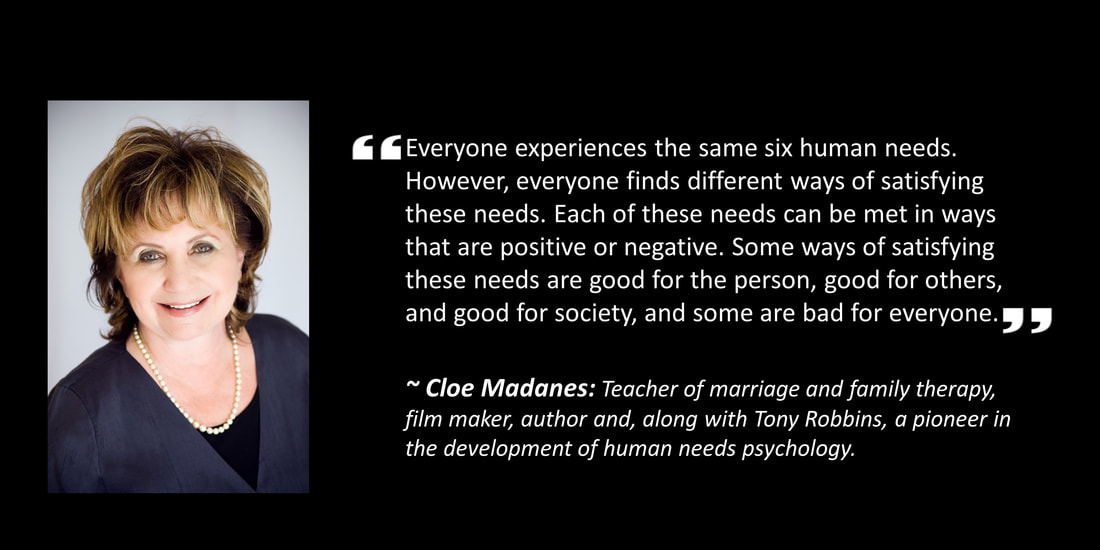
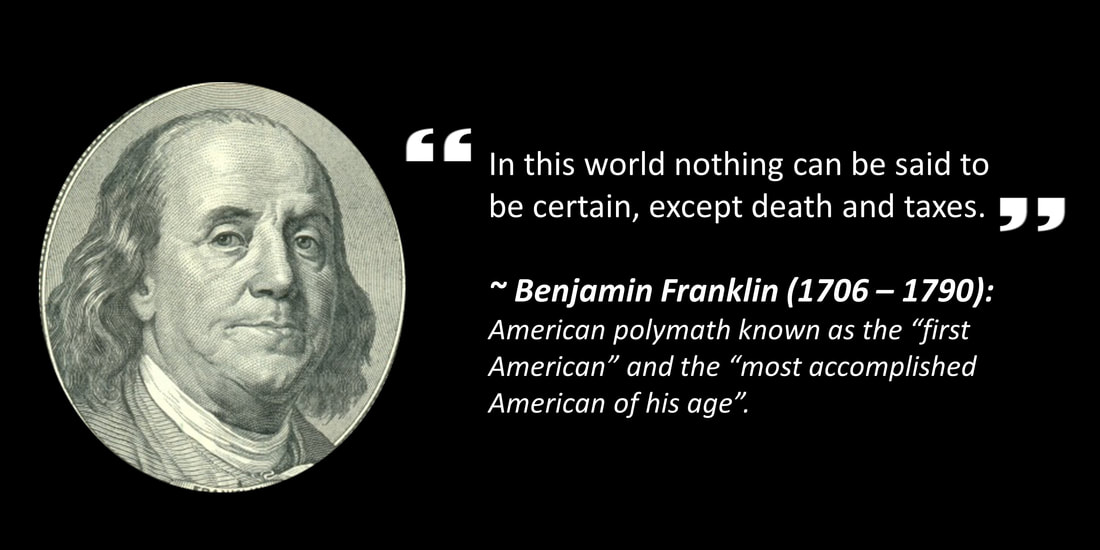
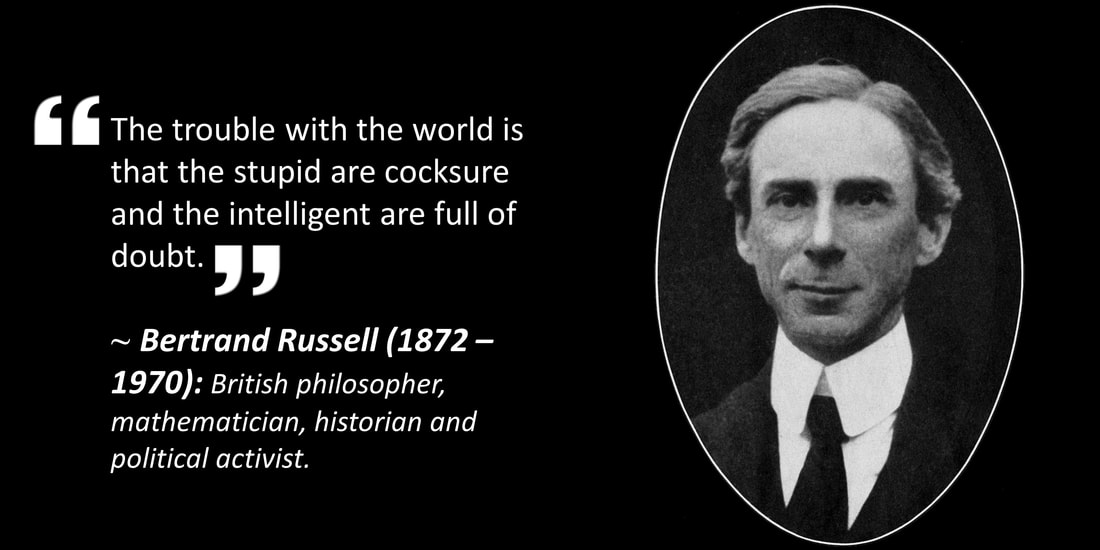
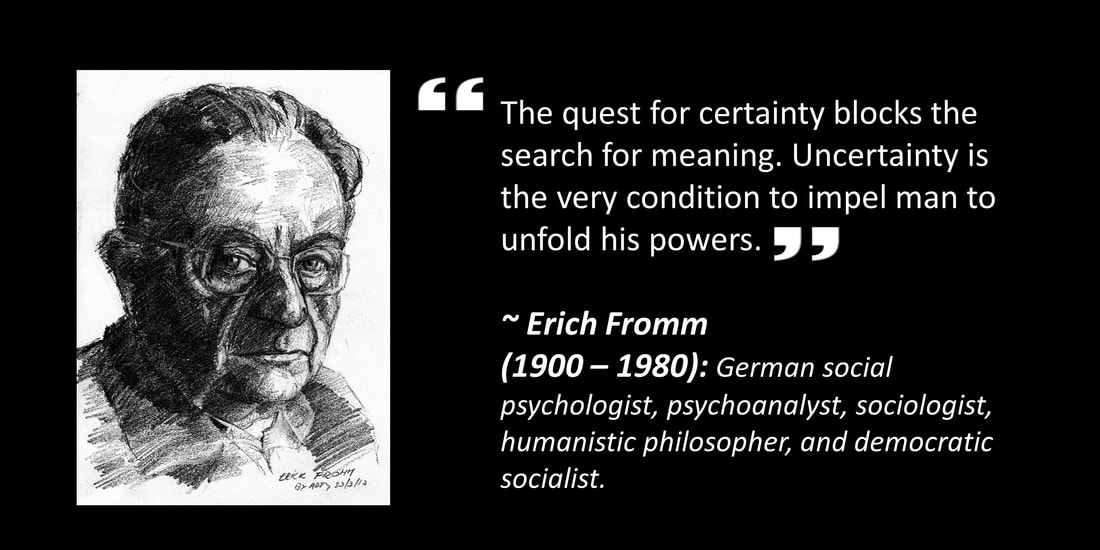

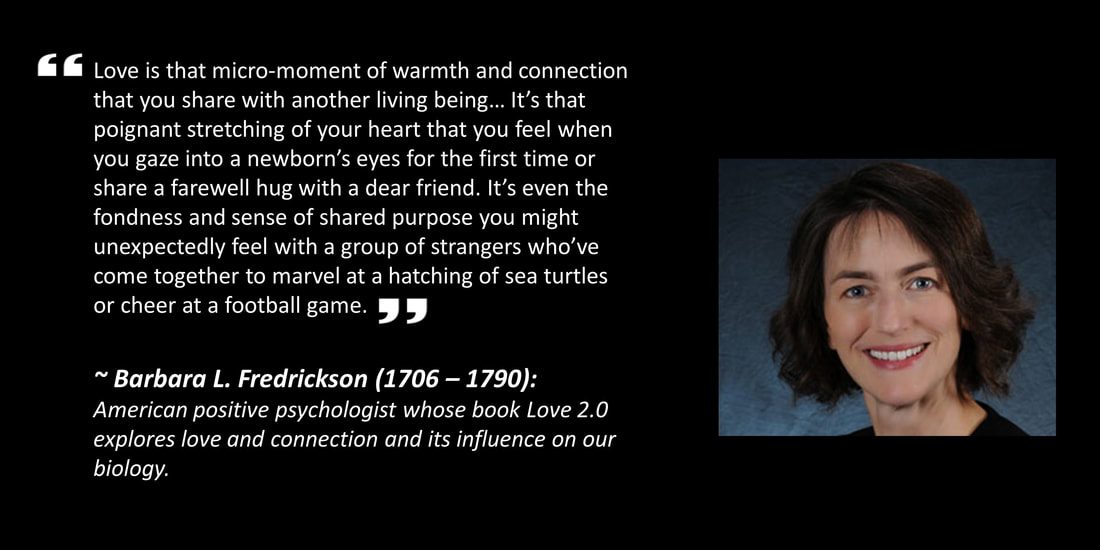
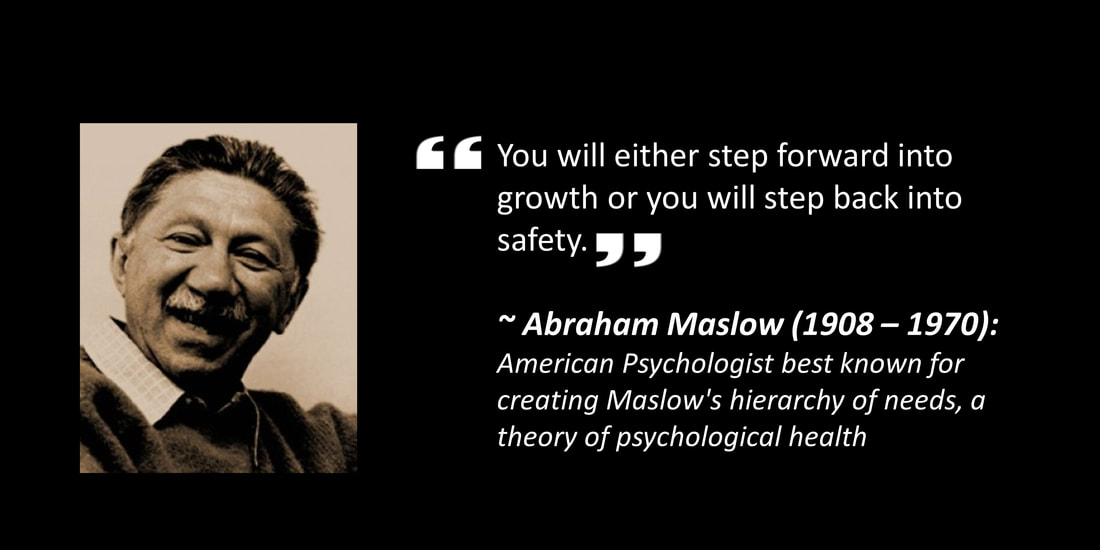
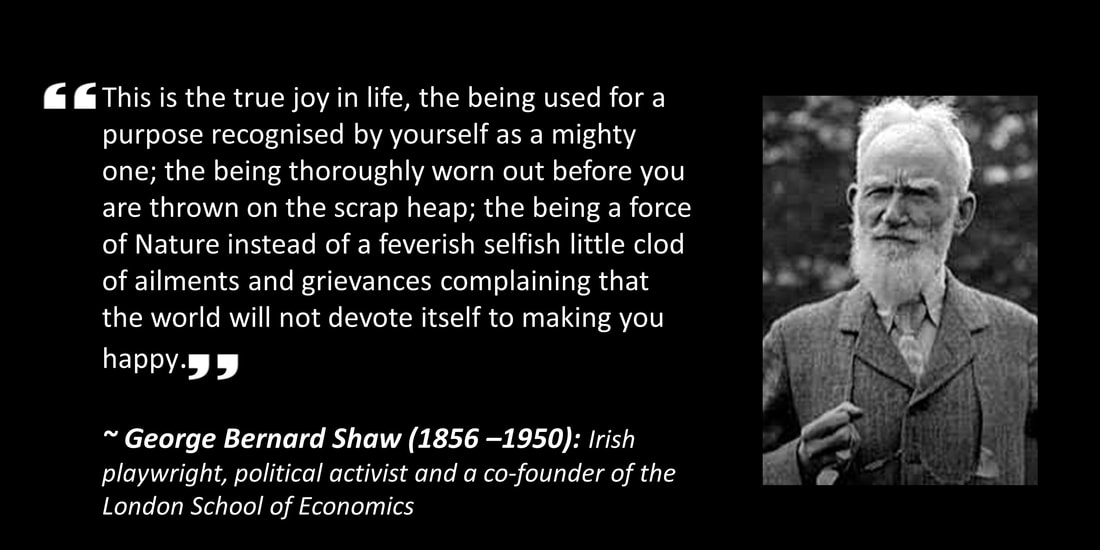
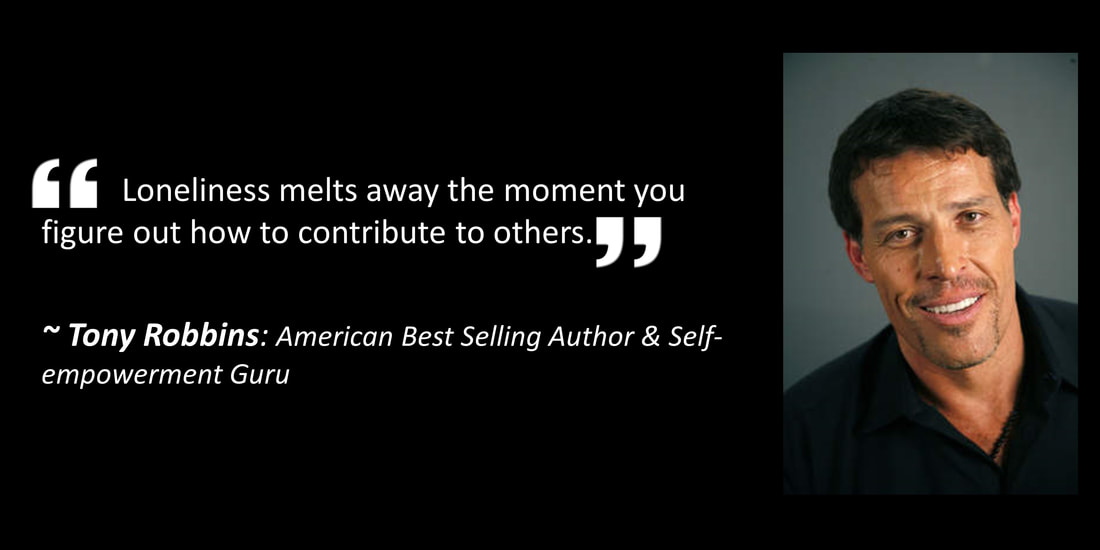
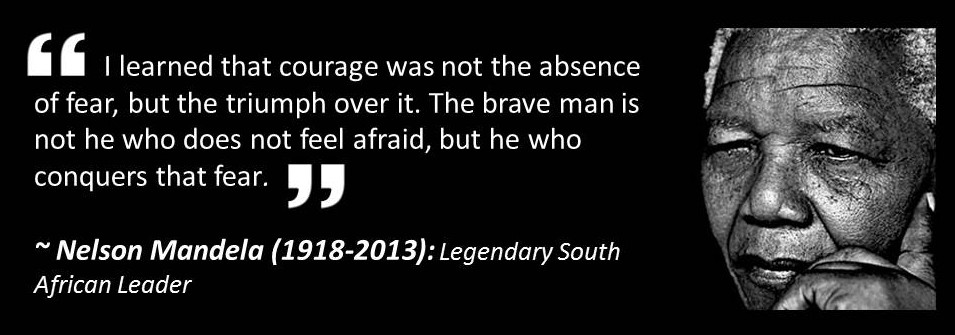
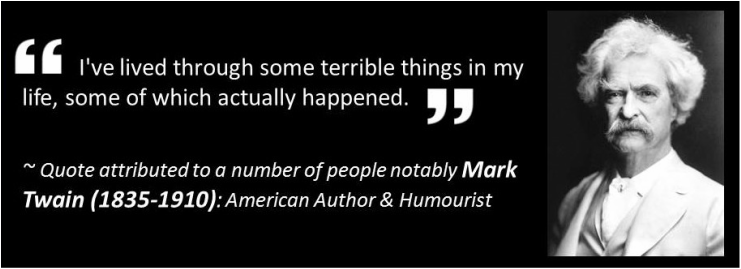
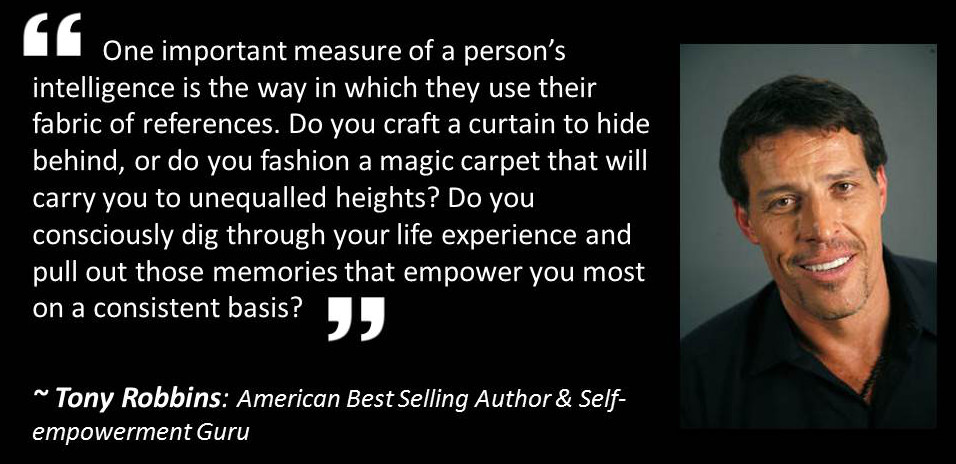

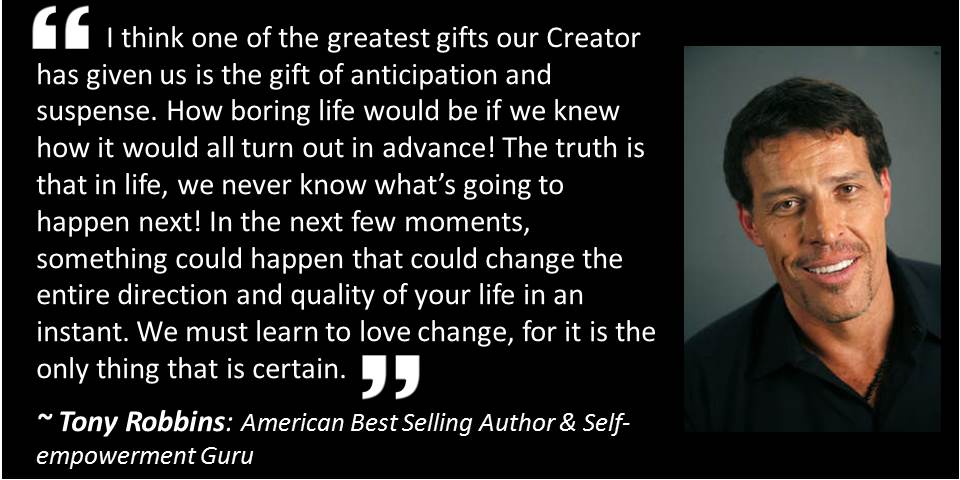
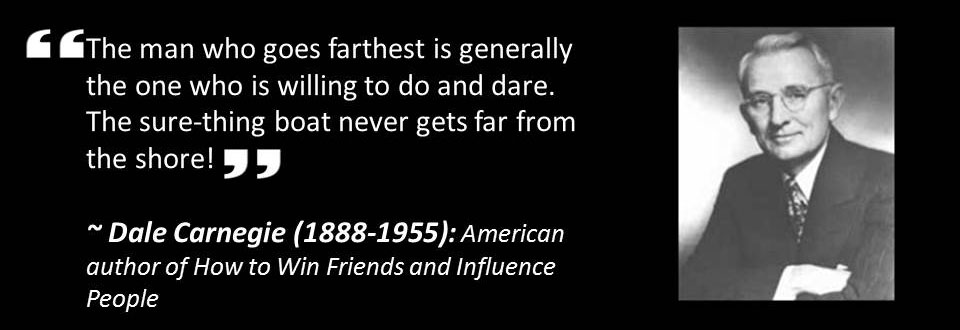
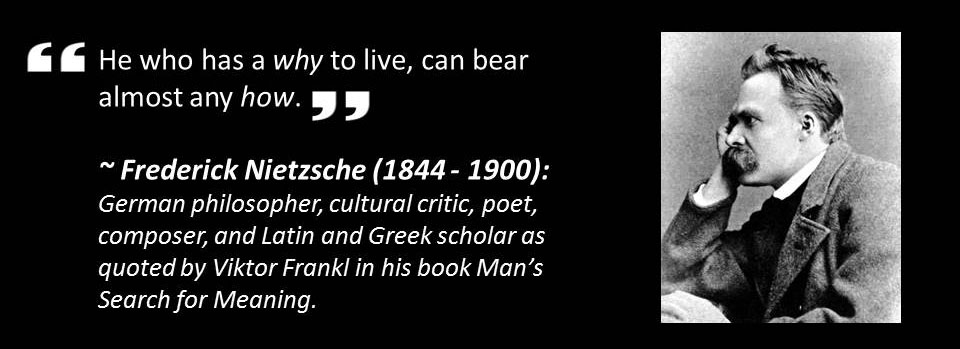
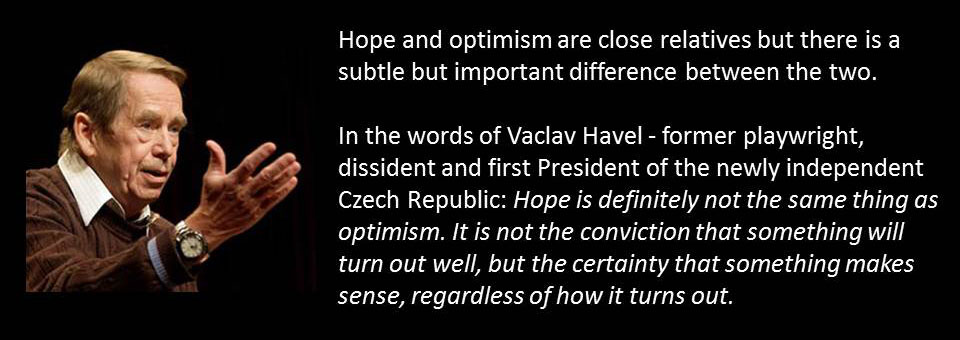

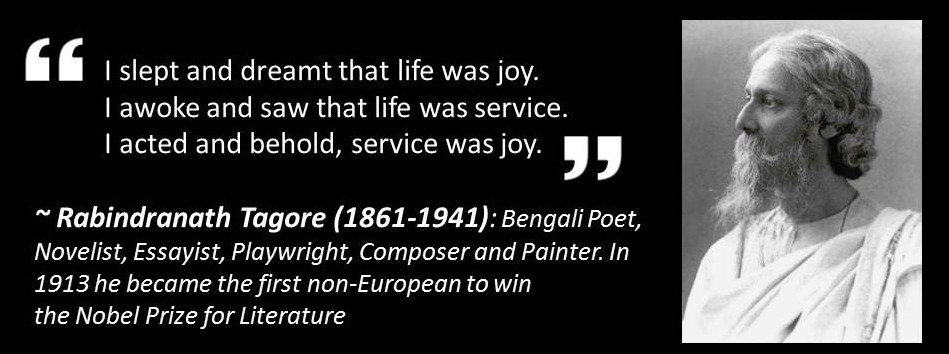



 RSS Feed
RSS Feed
